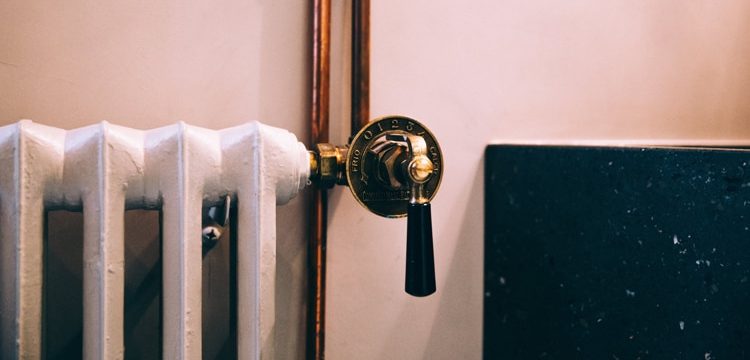Call Us Today! (909) 944-8999
24/7 Service (909) 854-2547
License #: 1027049



ABOUT US
Bobby Blue Plumbing provides fast, reliable, and courteous plumbing services from experienced and licensed technicians. We believe in old-fashioned customer service and always put the needs of the customer first. Get the job done right the first time - every time!
CONTACT US
Copyright © BobbyBluePlumbing 2022. All rights reserved.
Website designed and developed by Bliss Drive